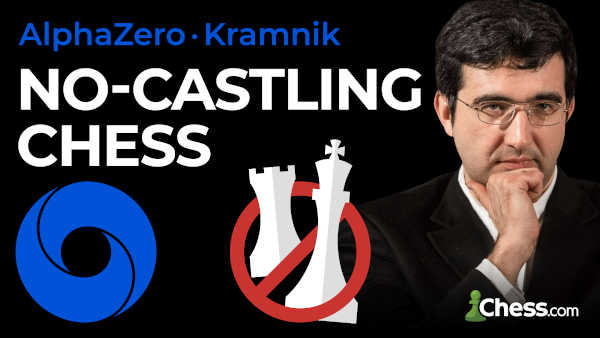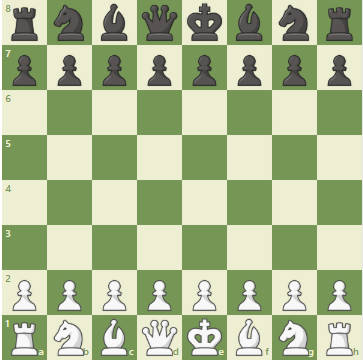| AI Helps Make Chess Better |
| Written by Mike James | |||
| Wednesday, 01 January 2020 | |||
|
All games have a problem now that AI systems are generally better than human players. Should we give up and leave it to the machines? Perhaps not. AI can make games better by working out the impact of changes. The way that games are played evolves over time. Players learn how to use the rules to their advantage and sometimes cause the game to become boring and unadventurous. So it is with chess. Vladimir Borisovich Kramnik, a Russian chess grandmaster, writing at Chess.com explains that we have reached a point in human chess where playing it safe is more rewarding that complex and interesting play: "This is not the players’ fault, but the reality they face. It would be strange to expect them to deliberately decrease their chances of a positive outcome by taking unreasonable risks for the sake of playing more “entertaining” games. From my own experience, I know how difficult it has become to force a complex and interesting fight if your opponent wants to play it safe. As soon as one side chooses a relatively sterile line of play, the opponent is forced to follow suit, leading to an unoriginal game and an inevitably drawish outcome." Of course the obvious solution is to tweak the rules to make safe play less safe but which tweaks produce the correct result? Kramnik got together with Demis Hassabis. CEO of DeepMind. who was a strong junior chess player before AI proved more interesting. Working with the DeepMind team and AlphaZero, the neural network Go-playing system that then moved on to Chess, the idea was to investigate what the effect of tweaks were.
The most obvious tweak, even if you only play a little chess, is to ban castling. Given that castling is the ultimate defensive play, what could be more obvious that to forbid its use. AlphaZero learned how to play "no-castling chess" from scratch and first off discovered that the the ratio of black and white wins was more or less the same as full chess. This suggests that the modified game doesn't favor one player. The big advantage of no-castling is that players can't fall back on well-known patterns of attacking and defending a castle. However: "There are still many details to investigate. For example, the openings seem to be more complicated in the AlphaZero no-castling games, meaning that new opening theory has to be developed and players will need to explore new approaches to king safety. But none of this should prevent the chess community from trying this game." Kramnik urges organizers of upcoming chess tournaments and individual players to give the variant a try. One thing remains clear, castling or no-castling, AlphaZero is going to be a tough opponent to beat. More InformationKramnik And AlphaZero: How To Rethink Chess Related ArticlesDeepMind's AlphaZero Triumphs At Chess Komodo Is Computer Chess Champion Again To be informed about new articles on I Programmer, sign up for our weekly newsletter, subscribe to the RSS feed and follow us on Twitter, Facebook or Linkedin.
Comments
or email your comment to: comments@i-programmer.info
|
|||
| Last Updated ( Wednesday, 01 January 2020 ) |



